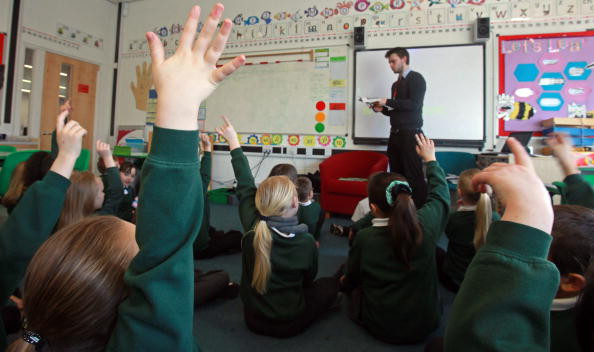Shanghai maths method to bring Chinese rote learning into English primary schools
Ministers want to raise the maths' standards of English pupils and see the Chinese methods as the answer.

Health secretary Jeremy Hunt once stirred controversy when he said people in Britain should try to work as hard as those in China do. That same Chinese work ethic he thought should be transported to the UK is now set to enter the classroom, with plans for half of English primary schools to use a traditionalist "Shanghai Method" of maths teaching.
The policy is aimed at bringing the level of maths among pupils in England closer to that attained by pupils in Shanghai, whose 15- year-olds have numeracy levels that are around three years ahead of their British counterparts.
Teachers in 8,000 English primary schools will be trained to teach children as young as five in drills to practise sums and exercises, which require considerable repetition until they move onto the next level.
Instead of classes being divided into groups based on ability, the new approach will have classes taught as a whole. It will be a voluntary scheme initially, with schools being offered the chance to take part in the £41m scheme.
The Times reported that schools minister Nick Gibb will address a conference of the Advisory Committee on Mathematics Education later on Tuesday (12 July), stating that the Shanghai-style of maths teaching should become standard for schools in England.
"The significant expansion of the south Asian maths mastery approach can only add to the positive momentum, with thousands more young people having access to specialist teachers and quality textbooks," he will say.
But critics of this kind of rote learning, which is also used in Hong Kong and Singapore, state that method prepares children to pass tests without helping them to use maths in everyday situations.
Mike Ellicock, chief executive of the charity National Numeracy, told the Times that drills and repetition will not help children master the fundamental ideas in maths.
"It's really about building 'number sense' and then being able to apply that to real-world problems. Good maths teaching is a matter of getting that balance right," he said.
© Copyright IBTimes 2025. All rights reserved.






















